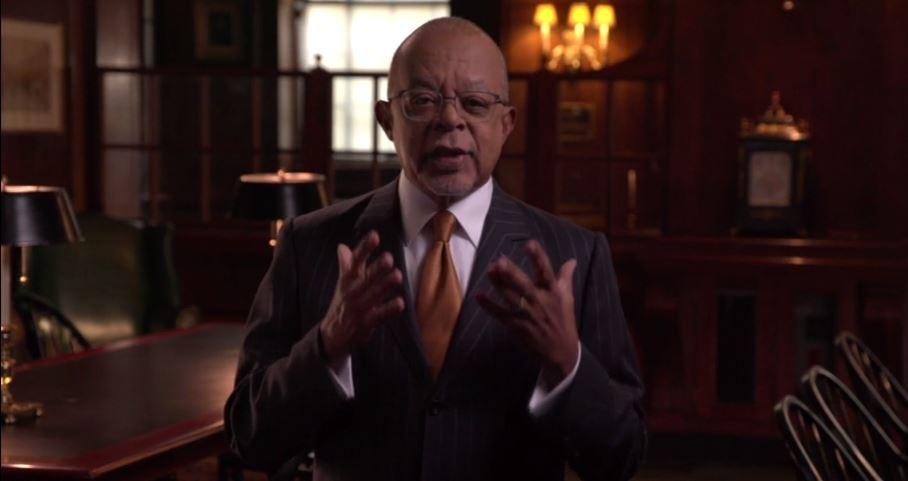Finding Your Roots generates much buzz among PBS viewers, so we corralled the show’s research team for an eye-opening conversation about what it takes to bring family histories of celebrities to very public light
In 1898, my grandfather was born for the first time.
I know that sounds like a quirky riddle, but it’s true: Manuel Palos was born that year, but soon died of some childhood malady in my family’s home state of Zacatecas, in north-central Mexico.
I was thinking about all this as I listened recently to a team of experts that makes up the research team for “Finding Your Roots,” one of public broadcasting’s most popular primetime shows. We were on Zoom, talking about the work of these self-described (for good reason) journalists as they prepared for the 10 episodes that make up Season 8 of “Finding Your Roots with Henry Louis Gates, Jr.” Gates is the show’s writer, host and executive producer.
FYR, as we sometimes shorthand the show inside PBS, is also high on the list of programs most commented on by audience members who reach out via our Public Editor’s mailbox. There are complaints – most commonly about how a particular guest is interviewed or what information is included in the FYR reconstructions of their histories. But the show is popular, and audiences want to know how Gates and his team select celebrities who’ll participate in very public examinations of their family trees. Many also want to know about some of the genealogy tools the team uses in the searches.
Producer Sabin Streeter said that although the show relies on “public history accessed publicly,” the team has to take private familiar issues seriously when they come up. “But we’re journalists,” he said. “And we are telling stories that have a public history function, whatever importance our audience is attached to, that we attached to it as well.”
It’s all the more reason why the FYR genealogists and scholars must also view themselves as journalists.
We Want To Know Ourselves
Viewer emails tend to be controversial in tone, but in the end, it is obvious that all manner of people across the United States have a genuine interest in the show.
A viewer once found fault with the precise manner in which Gates presented musician Pharrell Williams’ family history. He opened his commentary this way:
“An admiring viewer of Henry Louis Gates, Jr.'s ‘Finding Your Roots’ series for all 7 seasons, I noticed something very odd about the most recently aired episode: ‘Write My Name in the Book of Life.’ It raises an issue of journalistic integrity.” (emphasis mine)
This is typical. His specific gripe was about gossipy material in Williams’ life that was not raised on the show. (This viewer was one of many who write to let us know they didn’t agree with some aspect of the show’s storytelling methodology.) But we did share his opinion with the FYR team, and it inspired a healthy back-and-forth. In a message back to the viewer, I said his criticism missed the mark, as FYR doesn’t tell everyone’s story in the exact same way, and that the point of the show is genealogy, not irrelevant celebrity tinder. He was not happy about that, yet satisfied that we had at least heard his argument. The point of this, anyway, is the passion with which FYR viewers write to us.
This is why we corralled FYR’s researchers for an in-depth, video conversation about how the show works, which you can watch in its entirety by clicking on the video image at the top of this article.
The idea gelled after I asked Gates if we could interview his team of genealogists and researchers in front of the camera. When I mentioned that FYR got more than the average number of viewer queries in our email in-box, he seemed pleased. Later, in the introduction to the resulting video Q&A, he recounted our conversation. “That’s because presenting a guest’s family tree, and the genealogical research and DNA science behind it not only makes for compelling storytelling,” he said. “It carries with it a responsibility to get the facts and the context right, all of which requires the intense efforts of many people, as well as a shared commitment to fairness, integrity, compassion and a desire to teach and learn.”
Family Naming Customs
In preparation for the FYR interview, Senior Producer Natalia Warchol described family naming customs among some cultures in long-ago yesteryears. This shed light on what I now know of my own family’s origins.
One of my cousins discovered that Manuel Palos was again born in 1900.
After the death of the family’s first Manuel, the second, born two years later, instead became his father’s namesake.
The second Manuel Palos went on to survive the Mexican Revolution as an orphan, escaping war by venturing north as a teenager to the industrial midwest of the United States, and then west, to work its farmlands. By using the genealogy services outlined by FYR, I’ve been adding pieces to the puzzle that is my family history.
Some 150 of my siblings, aunts, uncles, cousins and second cousins – and all their children – just staged a reunion in San Diego. It was a pleasant gathering that had been delayed by the pandemic. But the wait was well worth it. I was stunned by the magnitude of the contribution to this nation’s fabric of the descendants of Manuel Palos and his wife, Hermelinda Yañez.
During the reunion, I felt like we were bringing to life the kind of engaging American history that “Finding Your Roots” features each week.
***
Daniel Macy, senior associate in the office of the PBS Public Editor, contributed to this article.



